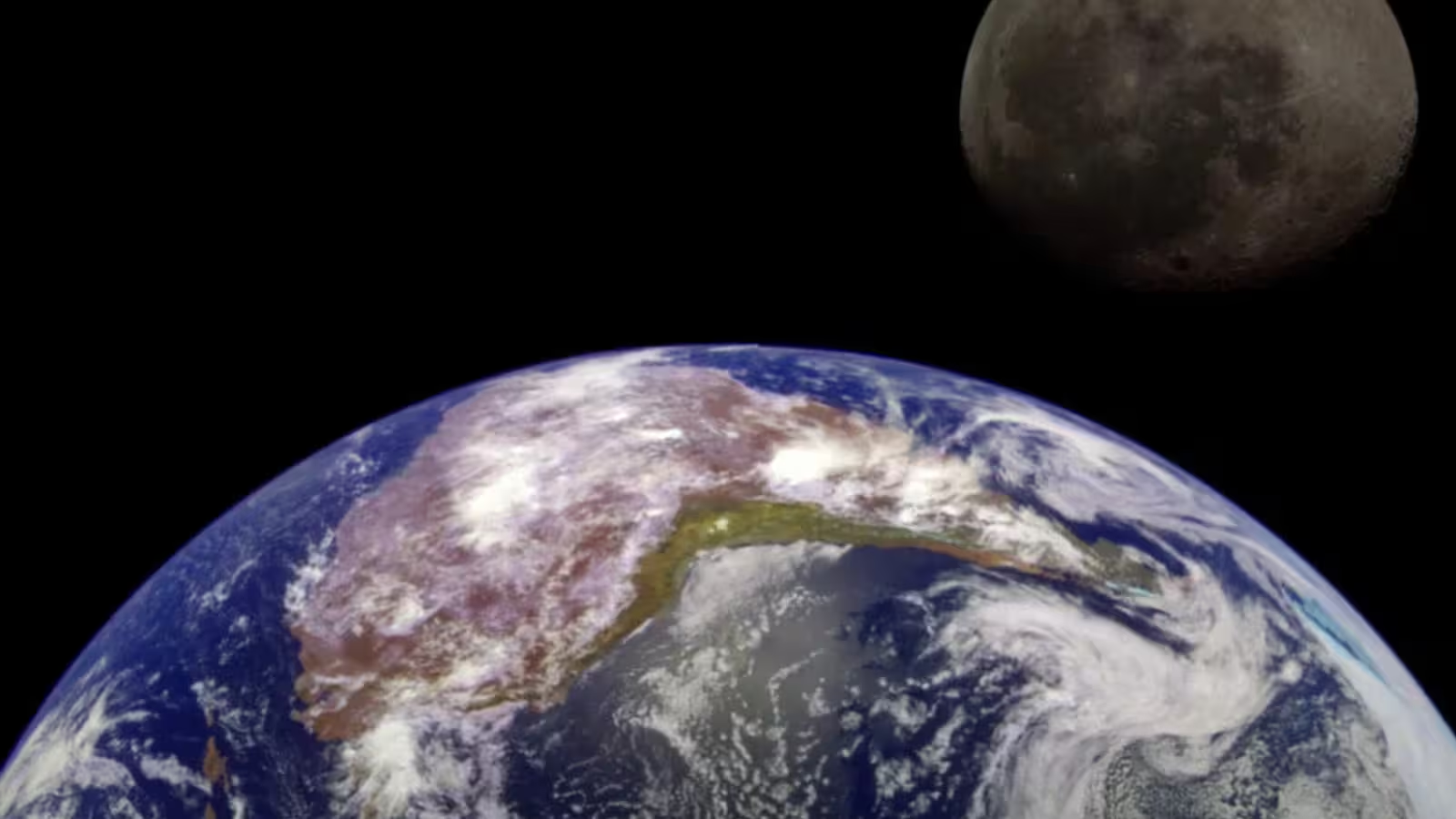3 Minutes
Earth’s Rotation May Break Speed Records This Summer
Unprecedented changes in Earth's rotation may make this summer's days the shortest ever recorded. According to astrophysicist Graham Jones at timeanddate.com, Earth could spin more rapidly on July 9, July 22, or August 5, potentially surpassing last year’s fastest day—a record set when the planet completed a rotation 1.66 milliseconds shorter than the standard 24 hours.
Understanding Earth's Length of Day and the Role of the Moon
Earth’s rotation determines the length of a day—a value that astronomers measure down to the millisecond using atomic clocks. These devices are so precise that they can detect changes lasting mere fractions of a millisecond from the expected 86,400 seconds (24 hours).
Multiple factors influence Earth's spin rate. Crucially, the Moon's orbit causes subtle changes. When the Moon is positioned further north or south of the equator, as it will be this summer, our planet’s rotation briefly accelerates. This effect is so slight that only highly sensitive instruments can track it, yet the consistency of these shorter days since 2020 has surprised scientists.
Recent Records and Ongoing Mysteries
For the past few years, Earth has consistently broken records for its shortest days. In 2020, the planet rotated 1.05 milliseconds faster than average. By July 5, 2022, that record dropped to -1.66 milliseconds. For 2024, experts forecast that a new minimum may be set due to the Moon’s position, with the exact date still to be confirmed through further atomic clock data.
Experts remain puzzled by these rapid changes. Dr. Leonid Zotov, a rotation specialist at the Moscow Institute of Electronics and Mathematics, notes, "The cause of this acceleration is not explained. Most scientists believe it is something inside the Earth. Ocean and atmospheric models don’t explain this huge acceleration."
Long-Term Trends: The Moon’s Lasting Influence on Earth’s Rotation
While short-term fluctuations in Earth's rotation puzzle today’s researchers, the long-term trend is better understood. Billions of years ago, a single day on Earth lasted only 3 to 6 hours. The primary reason for the gradual slowdown of Earth’s rotation is tidal friction caused by the Moon’s gravitational pull. Tidal forces drag on the planet, causing energy transfer from Earth’s rotation to the Moon’s orbit.
As energy shifts, the Moon slowly moves away from Earth—by approximately 1.49 inches (3.78 centimeters) annually. It now takes roughly 27 days for the Moon to complete one orbit. In the far future, Earth and the Moon will achieve “tidal locking”—a state where one side of the Earth always faces the Moon, and days and months would match in length. However, astronomical models suggest this won’t happen for another 50 billion years—long after Earth’s habitability will have ended.
Conclusion
The discovery that Earth’s shortest days are occurring now raises challenging questions about our planet’s inner workings. While the Moon's gravitational influence is well-documented in slowing Earth's rotation over geologic timescales, the recent unexplained acceleration remains an active area of research. Scientists continue to monitor Earth’s rotation with the world’s most precise atomic clocks, searching for answers to these sudden shifts in our planet’s daily rhythm. Understanding these variations isn't just a matter of curiosity—it’s crucial for global navigation, satellite operations, and keeping our clocks synchronized with the universe’s natural cycles.
Source: gizmodo



Comments